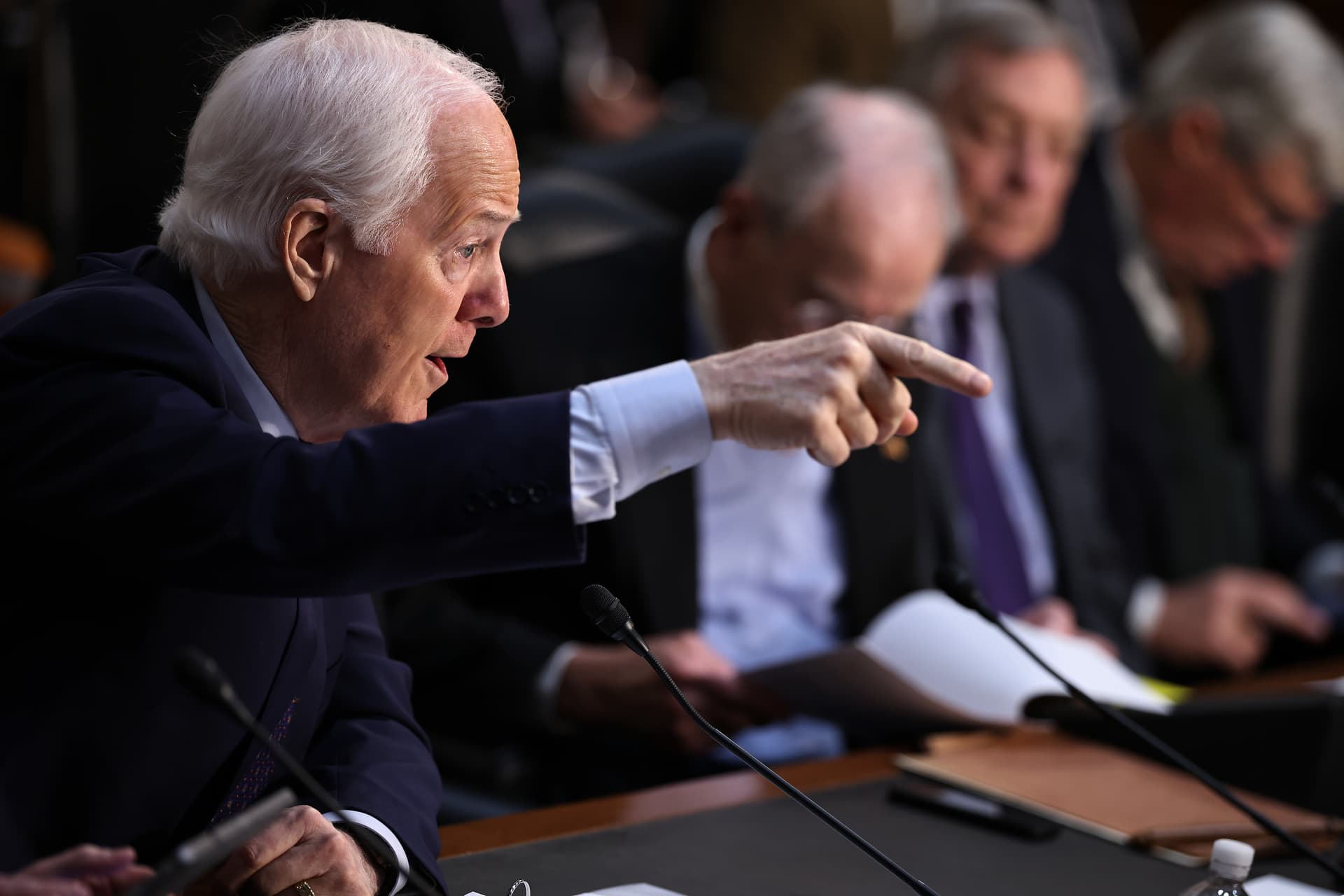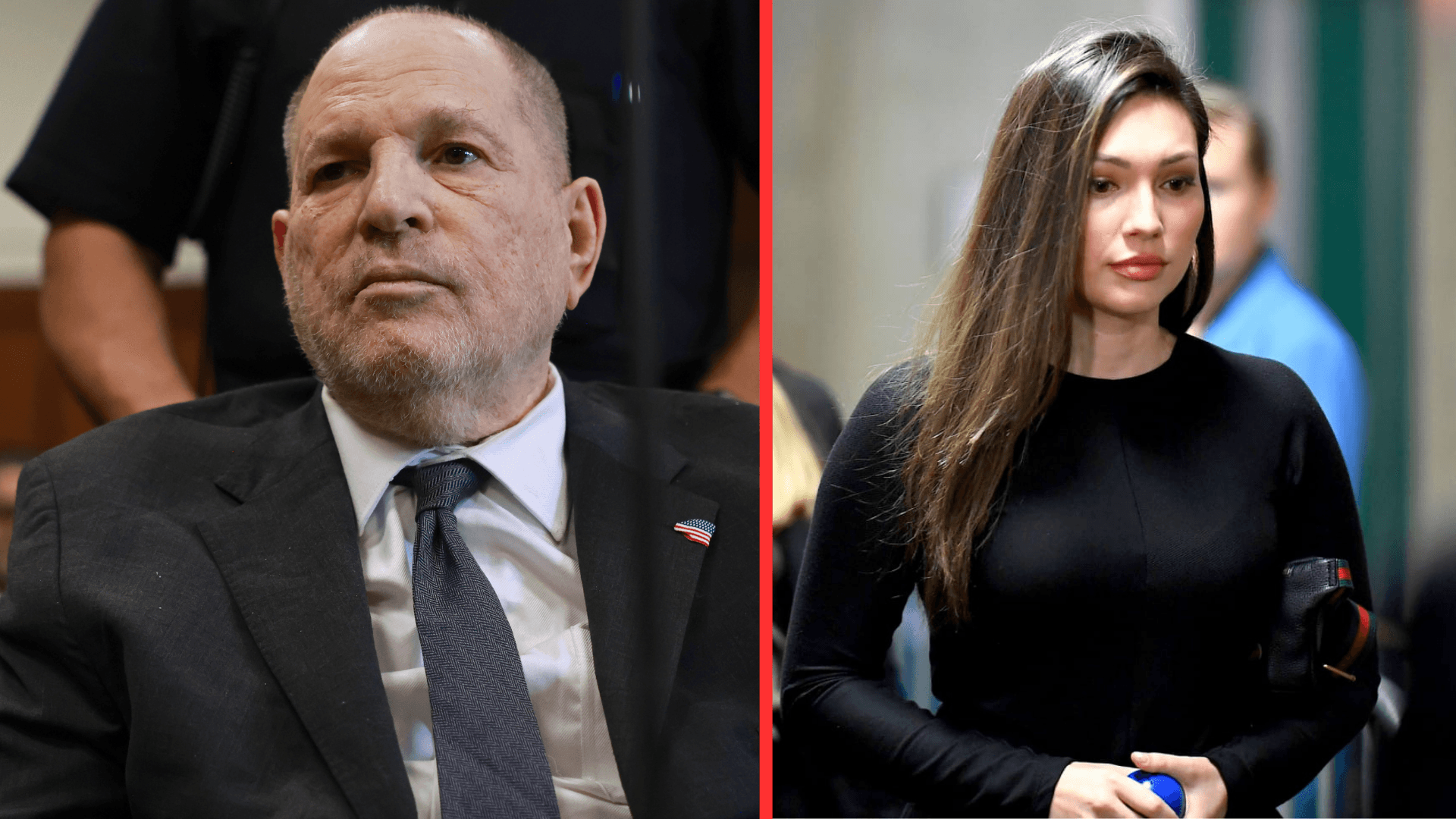
Trump Calls for Jack Smith To ‘Be Brought to Justice’ as Outrage Grows at Surveillance of President’s Aides and GOP Senators
By A.R. HOFFMAN
|This article is from the archive of The New York Sun before the launch of its new website in 2022. The Sun has neither altered nor updated such articles but will seek to correct any errors, mis-categorizations or other problems introduced during transfer.


By A.R. HOFFMAN
|
By NOVI ZHUKOVSKY
|
By MATTHEW RICE
|
By MATTHEW RICE
|
By NOVI ZHUKOVSKY
|
By LUKE FUNK
|
By MARIE POHL
|
By BRADLEY CORTRIGHT
|Already have a subscription? Sign in to continue reading
$0.01/day for 60 days
Cancel anytime
By continuing you agree to our Privacy Policy and Terms of Service.